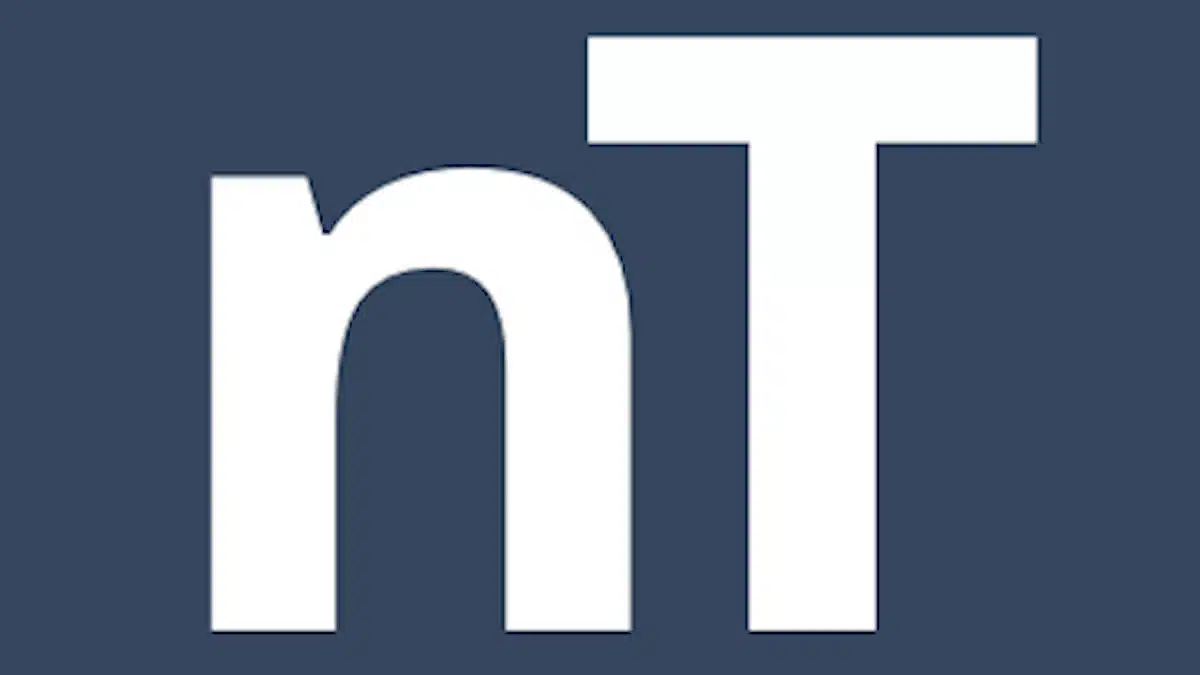In today’s business landscape marked by rapid change, leveraging knowledge strategically gives teams a vital competitive edge and an appropriate front to subdue emerging challenges. The new evolving trends based on knowledge call for some concerted effort for institutions to invest in innovation as well as utilize their knowledge base en route to meeting their targets.
However, understanding what knowledge is in the workplace context is pivotal. This is where the goldmine lies. This article examines how unlocking the potential of collective wisdom can transform innovation cycles, productivity, decision-making, and team learning across an organization when channeled effectively.
Defining Workplace Knowledge

Fundamentally, what is knowledge referring to in the workplace? It encompasses the specialized skills, practical experiences, and contextual insights that teams and employees continually gain daily based on evolving roles and projects. This bank of wisdom accrued collectively over the years forms an invaluable asset guiding data-driven planning. Companies that match these learnings accrued over time with new market realities and emerging possibilities are best positioned for growth. Thus, channeling what is knowledge productively is integral for organizations to stay competitive. Utilization of knowledge spurs many growth factors in a corporate setting. The major gains knowledge inspires include:
1. Sparking Innovation by Enabling Knowledge Flows
Activating fluid knowledge sharing internally empowers teams to experiment more, facilitating breakthroughs and gaining better perspectives on what success costs. The most innovative concepts often emerge when insights from different domains combine unexpectedly. Collaborative teams that actively exchange learnings feel intrinsically motivated to apply expertise creatively to complex business challenges. A culture that openly embraces what knowledge is and rewards sharing spurs unconventional solutions as collective experiences synthesize cross-functionally, uplifting innovation and overall performance within an organization.
2. Strengthening Decisions Through Wisdom
Decisions determine the direction and target of action in any organization. Informed decisions lead to better outcomes. When units have a sound understanding of knowledge in the context of challenges faced, they can evaluate all facets more objectively before strategizing best-fit solutions focusing on long-term sustainable success even as environments shift. Such wisdom-rooted choices steer companies ahead of the curve rather than reacting belatedly to market changes.
3. Optimizing Productivity via Accessible Insights
Easy access to what is knowledge reduces time wasted reinventing existing solutions or figuring out everything from scratch. Enabled by earlier reference points and guided expertise from colleagues, team members can maximize efficiency and speed by focusing efforts on core priorities instead of frequently searching for basic information. Democratizing insights this way by breaking departmental siloes allows for more optimal individual and collective productivity.

4. Nurturing Continuous Learning
A culture that openly invites sharing what is knowledge motivates regular upskilling aligned with business goals. As priorities dictate growth trajectories, peer exchange opportunities spanning coaching circles to team training workshops catalyze capability building anchored in organizational needs. Leadership involvement in participative learning dialogues strengthens alignment across hierarchies, fostering sustainable growth as teams progress together. Over time, this cascading knowledge ecosystem propels teams to better performance at scale based on new insights gained from each member’s learnings.
Unlocking Collective Knowledge’s Immense Potential
When managed effectively, enabling seamless internal access to collective insights powers transformational uplift on multiple fronts. But first, unlocking this potential requires understanding what knowledge is within the workspace – the specialized skills and experiences continually gained on the job. Smooth flows of this knowledge across traditional boundaries boost innovation cycles, fortify data-driven decisions, and enhance productivity via collective wisdom while unifying teams in continuous learning – essential for a competitive edge. Thus, future success relies significantly on unraveling and channeling collective knowledge’s immense power.
Strategic Knowledge Management Practices

However, workplace knowledge is only valuable when flows are activated through initiatives that motivate consistent sharing and application into solutions. Some best practices include:
- Leadership involvement in reinforcing open dialogues around knowledge exchange
- Platforms and protocols enabling seamless insights sharing across location and role barriers
- Facilitating access to documentation of past learnings for swift reference
- Recognition programs celebrating cross-team collaborations and expertise-sharing
- Job rotations, mentorships, and coaching circles to multiply skill-building
- Change management processes bring adoption ease when new systems are introduced
- Curated team workshops focused on identifying knowledge gaps and addressing them
The Potential of Emergent Knowledge Ecosystems
When done right by rallying leaders across the hierarchy to buy into knowledge-sharing behaviors actively, human-centric processes meld into enabling ecosystems. Teams feel empowered by leveraging technology-powered tools judiciously placed to unlock access barriers when needed.
Conclusion
Over time, scaling such ecosystems leads to exponential benefits as insights get reinforced across experiences. Motivated individuals drive both expertise gain and application, unlocking innovative applications. This emergent knowledge momentum sustains growth by keeping teams future-ready with on-demand access to specialized wisdom required for complex challenges.
Thus, in the workplace, what is knowledge allows for tremendous transformations when harnessed cohesively, underpinning data-powered futures. The workhorse drives the efficient systems in any organization, while the members hold the aggressive targets in high esteem.






